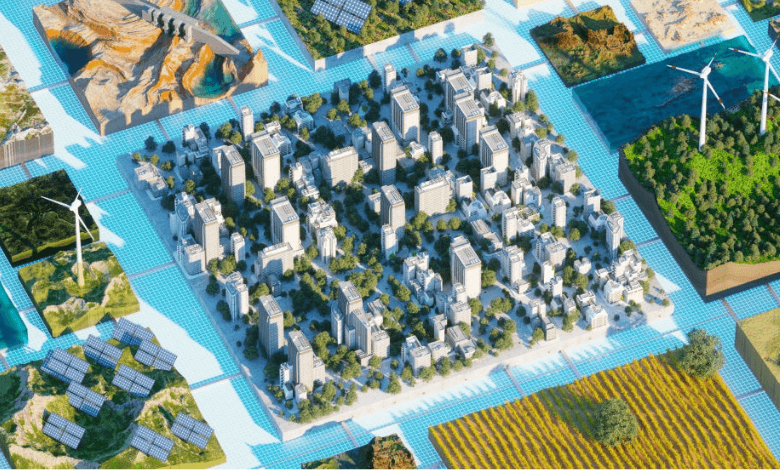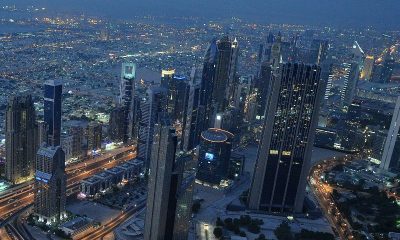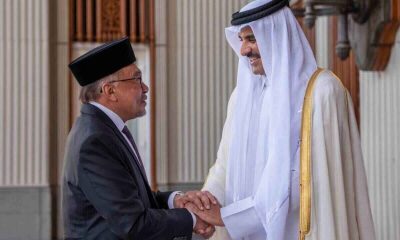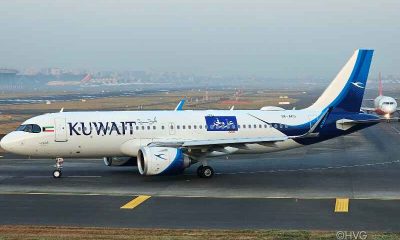The Gulf Cooperation Council (GCC) countries, comprising Bahrain, Kuwait, Oman, Qatar, Saudi Arabia, and the United Arab Emirates, have long been associated with their abundant oil reserves and their pivotal role in global energy markets. However, the winds of change are sweeping across the region, and the GCC is increasingly making strides toward adopting a more sustainable, greener approach to economic development. As the world grapples with climate change and the need for carbon neutrality, the GCC has set its sights on the Net Zero route.
Know About the GCC’s Intention Towards Net Zero:
The GCC nations have committed to a substantial transition towards a greener future. They have already made sizeable investments in sustainability, reflecting a growing realization that the long-term economic and environmental benefits are worth the effort. Their journey towards Net Zero involves a fundamental shift in their economies, which have been historically reliant on hydrocarbon resources.
Encouraging Projection from World Bank is Motivating the GCC:
In a recent update, the World Bank delivered a promising forecast for the GCC region. It stated, “The GDP of the GCC region has already touched the $2 trillion mark. If the GCC continued business as usual, their combined GDP would grow to an expected $6 trillion by 2050. However, embracing a green growth strategy could see the GDP grow to over $13 trillion…”
This projection serves as a compelling incentive for the GCC nations to expedite their transition to a sustainable and green economy. The implications of achieving a Net Zero status are far-reaching, encompassing economic diversification, environmental preservation, and global leadership in the fight against climate change.
Major Steps toward Net Zero Journey by GCC Countries
- Investing in Renewable Energy:
The GCC is harnessing its abundant sunlight and wind resources to establish itself as a renewable energy powerhouse. Massive solar farms and wind projects are under development across the region. Notably, the UAE’s Mohammed bin Rashid Al Maktoum Solar Park is set to become the world’s largest single-site solar park, further bolstering the region’s renewable energy capacity.
- Economic Diversification:
Historically, the GCC nations heavily relied on oil and gas revenues. Diversifying their economies to reduce dependency on hydrocarbons is a fundamental aspect of the Net Zero route. Initiatives include developing tourism, technology, and knowledge-based sectors to create new job opportunities.
- Promoting Energy Efficiency:
GCC countries are making energy-efficient infrastructure a priority. Retrofitting existing buildings and incorporating energy-efficient designs into new developments are becoming common practices. These efforts not only reduce emissions but also lower energy costs and enhance the quality of life for residents.
- Carbon Capture and Storage (CCS):
GCC nations are actively exploring CCS technologies to mitigate emissions from heavy industries. This innovative approach could potentially revolutionize carbon capture and storage globally.
In the arid GCC region, water management is crucial. GCC countries are investing in desalination and wastewater treatment technologies to ensure efficient water use and minimize environmental impact.
The journey of GCC toward Net Zero is promising, but it is not without challenges.
Adapting to a new economic paradigm, securing necessary funding, and addressing socio-economic impacts are critical issues to navigate. Moreover, as the GCC transitions, it can serve as a beacon of hope and an example for other nations seeking to strike a balance between economic growth and environmental stewardship.
The World Bank’s optimistic projection underscores the tremendous potential of this transformation. If the GCC continues its steadfast commitment to sustainability, the economic rewards will be substantial, and the environmental benefits immeasurable. By embracing the Net Zero route, the GCC is not just securing its own future but contributing to a more sustainable planet for all.
Read More: UAE and GCC : Partners in Changing Geopolitical Landscape
In conclusion, the GCC economies are making remarkable strides towards a Net Zero future.






















